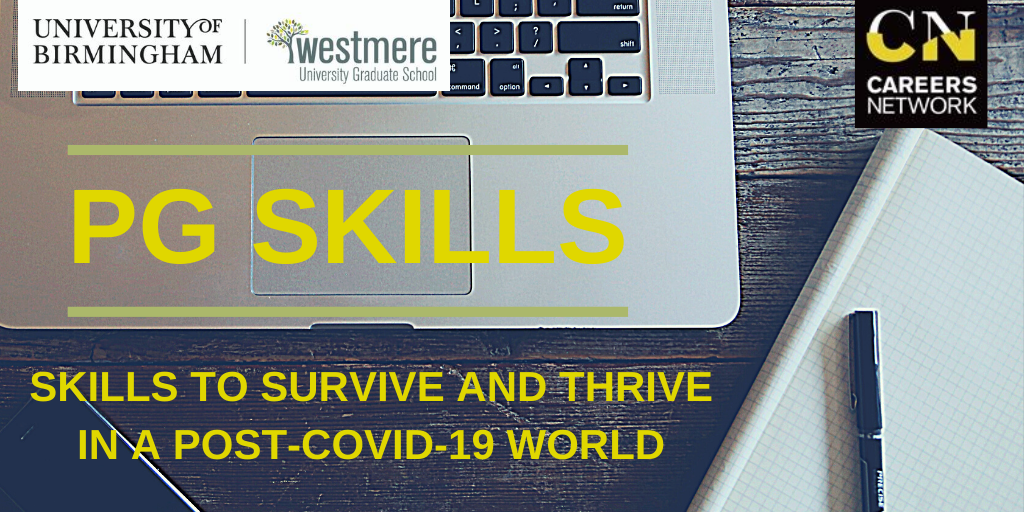October is Black History Month and this year’s theme is Saluting our Sisters. Professor Yemisi Takwoingi shares her reflections on her career and being a Black woman in research.
“Academia is so White” said one of my two daughters while looking through slides of a prestigious plenary lecture I recently gave. That’s because she hardly saw people of colour in the pictures of colleagues and people I’ve collaborated with over the years. Being Black in research can indeed be lonely at times especially the further up the ladder you go but I do not feel alone.

I am a Nigerian-British married woman in a small (60ish) but growing cohort of Black female professors in UK higher education institutions. I have an unconventional career path with complimentary background in veterinary medicine, computer programming and medical statistics and have transitioned from technical support to academic related to an academic role at the University of Birmingham (2001−now). Starting from Nigeria, my entire life, well almost, has been in a university which certainly wasn’t the plan!
My research timeline began in 2008 as a part-time Research Fellow in Biostatistics; awarded a National Institute for Health and Care (NIHR) Doctoral Fellowship in 2012; completed the part-time PhD and promoted to Senior Research Fellow in 2016; awarded a NIHR Postdoctoral Fellowship in 2018; promoted to Chair in 2020; Deputy Institute Director in 2021. My trajectory may seem to defy stereotypes and celebrate individual achievement without the ‘burden’ of being a Black researcher in a predominately White space. Not entirely true. I owe a lot to people and to my Christian faith that keeps me going whenever I’ve felt like giving up.
For me, being Black in health and care research carries the duality of burden and privilege. The burden lies in the weight of disproving stereotypes, constant awareness of being an outlier in spaces where diversity is often lacking, pressure (often self-imposed) to prove my worth and the responsibility of being a role model and an advocate. Yet, within this burden lies privilege—a unique perspective forged through diversity and a rich lived experience that I initially buried but I’ve grown to embrace and maximise; resilience honed through the uncertainty of life; ability to challenge the norm; an unyielding determination to excel against all odds and make the most of every opportunity; and a commitment to supporting the development of others. The duality is my catalyst for leading the new NIHR Race Equity and Diversity in Careers Incubator to ensure that being a Black female professor is not just an individual accomplishment but an opportunity to amplify my voice. It is a no brainer that academia and research should reflect the diversity of the community it serves. Change is inevitable!
I salute my family who have inspired me to believe in the impossible. Amazing colleagues here and elsewhere have championed me over the years, opened doors, nudged me and given me the opportunity to thrive. As such I believe it is important as a (Black) researcher to be surrounded by the right people, be in the right place, do the right things, and at the right time it all falls into place. Proud to be Black in research.



